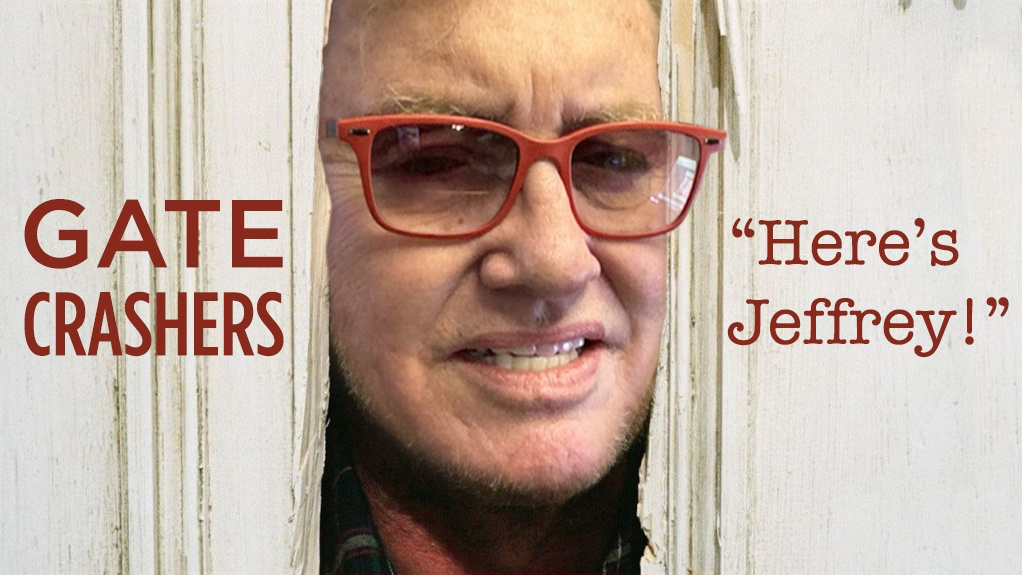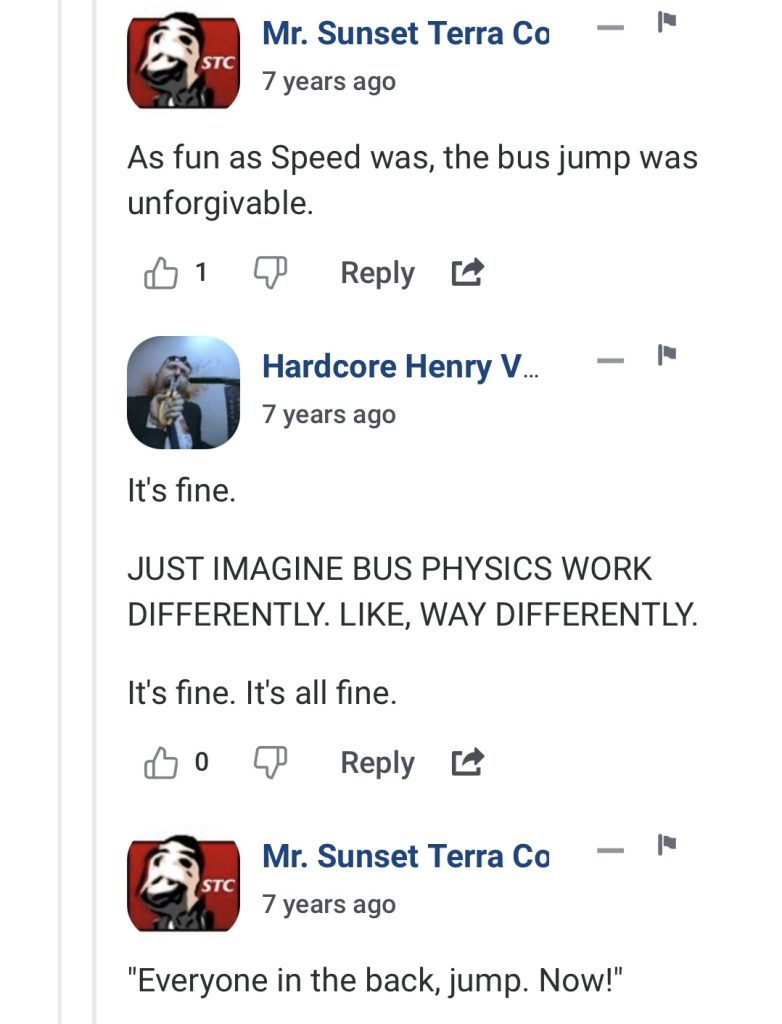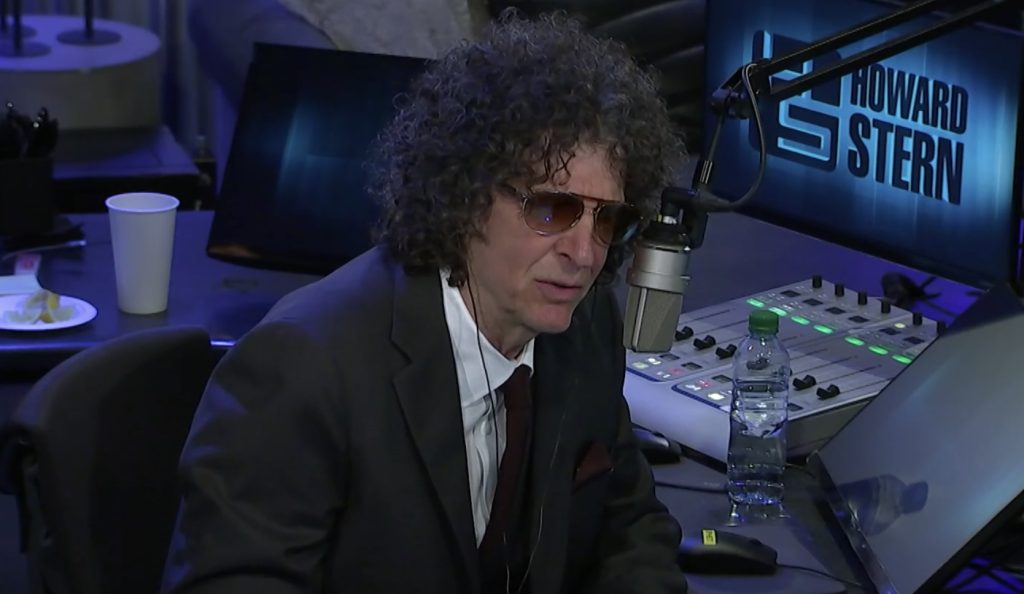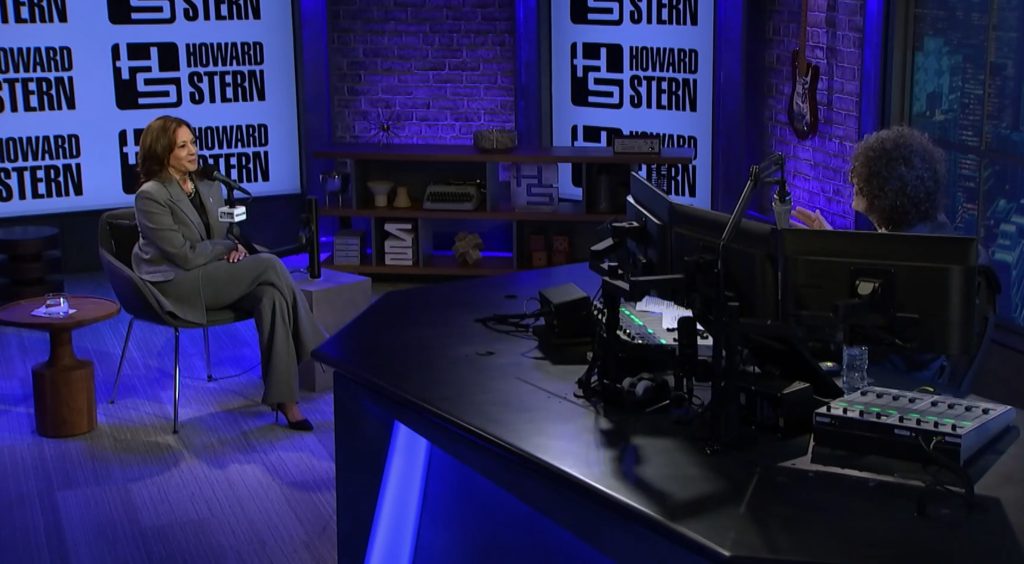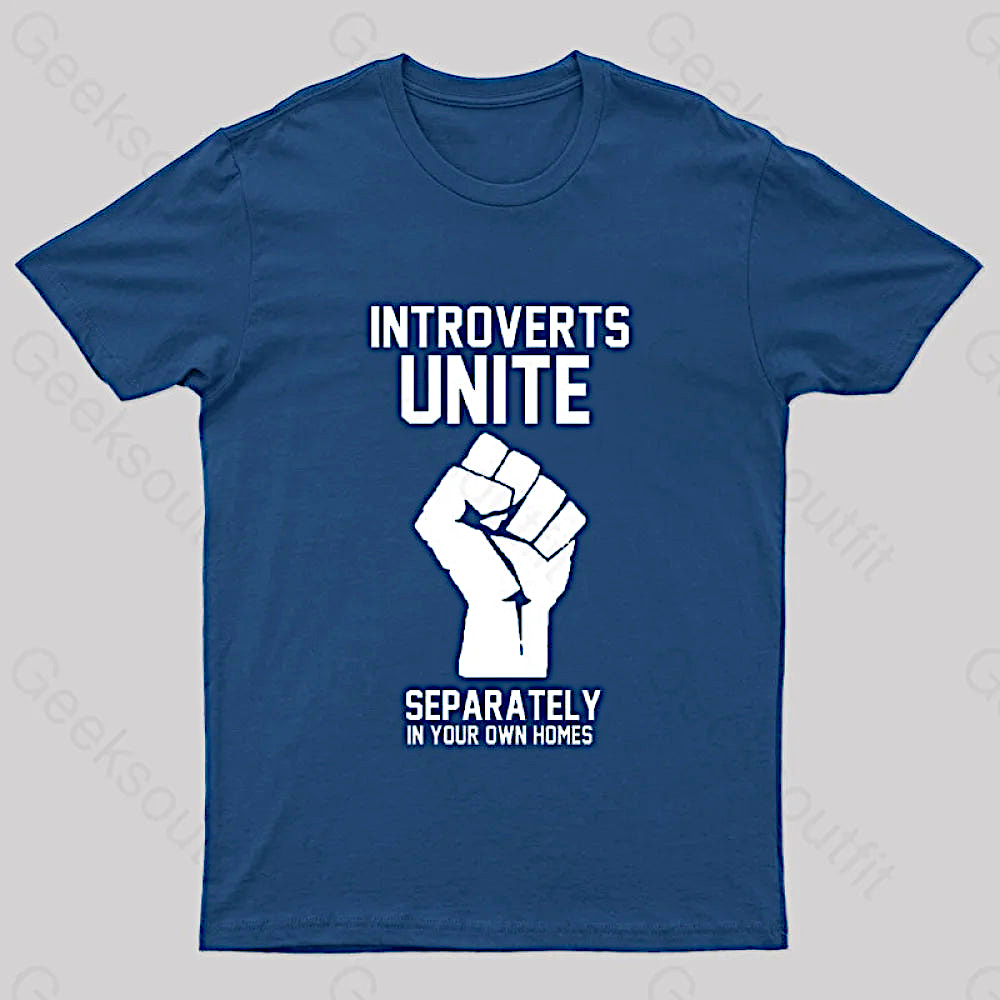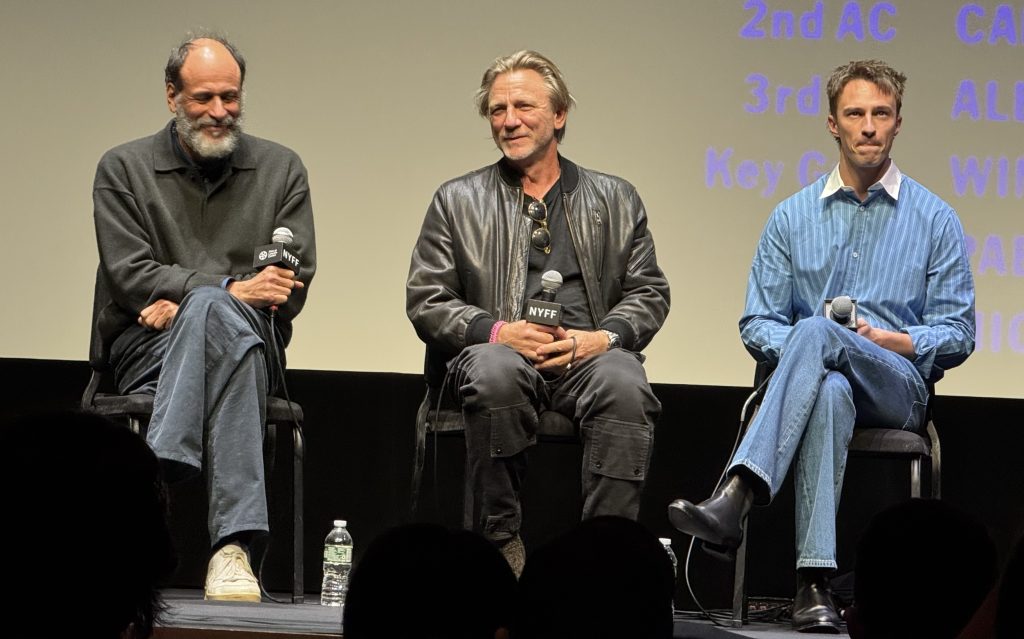 Jeff Wells
Jeff Wells
Without Any Prompting
Please identify the films in which highly complex communication devices, designated as CRM-114 and AE35, figure prominently in the plot.
Imagine Writing About 10.8 Beyond Fest “Speed” Screening
…and not even parenthetically or anecdotally mentioning the catastrophic Speed 2: Cruise Control (’97)?
The Hollywood Reporter‘s Chris Gardner reports that during the q&a aftermath of Tuesday night’s (10.8) screening someone asked about the possibility of a Speed 3 film. And nobody says zip about Speed effing 2?
And nobody mentions the hugely annoying, physically impossible freeway-gap bus jump sequence? If the authorites had somehow assembled a makeshift ramp that would have elevated the bus leap arc and thereby allowed it to land on the other side…okay.
Reviews of Underwhelming “Blitz” Will Pop Around Dinner Hour
HE: “Have you received any more reports about Blitz being a problem movie?”
Ruimy: “I keep hearing it’s a major disappointment. With that said, don’t be surprised if the woke London crowd tries to be as polite as possible in their reactions.”
The press saw Blitz this morning. The London Film Festival swells will attend a screening that starts at 7 pm and lets out around 9:15 or 9:30 pm.
Posted by Jordan Ruimy on 10.6.24:
Vocals and Lyrics Get In The Way
No matter how euphoric or blissful life can feel in your mid 20s….well, it doesn’t last. There are no high notes like mid 20s high notes. And the older you get, the more precious they seem.
Substantial Medicare Expansion
Will the red-state bumblefucks even take notice?
Vice President Harris: There are so many people in our country who fall in the Sandwich Generation. They're taking care of their kids and they're taking care of their aging parents. It’s just almost impossible to do it all. So I am proposing that we allow Medicare to cover… pic.twitter.com/LfqOT0LvHp
— Kamala HQ (@KamalaHQ) October 8, 2024
Chalamet Has The Surly Twang Down
James Mangold‘s A Complete Unknown (Searchlight, 12.25) is obviously going to deliver…well, a certain kind of authenticity…the portentous, casual kind like a slider or a long putt, certainly by way of Timothee Chalamet‘s performance, and also like a “movie” with the right kind of pacing, the right kind of emphasis here and there…some kind of steady, pro-level thing.
Stern Played Softball Game With Harris
I’ve just listened to the Howard Stern-Kamala Harris interview on SiriusXM, and it wasn’t the least bit challenging or invasive or confrontational…about as substantive and friendly as a high-profile interview of this sort can get. I wasn’t disappointed but I wasn’t riveted either. Harris didn’t overdo the word salad thing. She sounded cool, frank and straight as far as it went, and said “to your point” several times.
I was inwardly begging Stern to bring up the woke psychology thing…the cult of wokeism…white men are the problem (which they are to a significant extent) and all that and how the progressives have basically jettisoned young white dudes because of this exclusionary attitude. And of course he didn’t touch it.
It wasn’t especially important to note that Kamala works out every morning between 30 and 45 minutes, and that cereal-wise she likes Raisin Bran and Kellogg’s Special K. But she said this.
Harris: “I’ve literally lost sleep over this election…this is an election that’s about strength vs. weakness…[Donald Trump] admires dictators…I believe that Trump has this desire to be a dictator…he admires strong men, and he gets played by them…they are manipulating him…this is about do we want a president who will abide by the oath to support and defend the Constitution of the United States, or someone who is constantly flattered by Vladimir Putin of Russia?”
“At the height of the pandemic, this guy who was President of the United States, secretly sent Covid test kits for Putin’s personal use…he doesn’t support Ukraine and the importance of sovereign integrity of a democracy…these are principles that we all agree on. It’s a sign of weakness in a leader…he is dangerous and unfit…there were a couple of moments during the debate that were surreal…viewers wanted to know where we stood on the issues, and [Trump] was talking about things that were factually untrue.”
I Would Have Hayden Again…Eternally, I Mean
During one of his legendary late ’70s interviews with Tom Snyder on Tomorrow, the magnificent Sterling Hayden was asked what was the benefit of staying at Silver Hill, the pricey dry-out clinic in New Caanan. Hayden lived and abstained at Silver Hill for two months.
Snyder: “What did they do for you…anything?”
Hayden: “Well, many things, of course. But I came out feeling like a young ocelot with his first erection…y’know?”
Is Hayden saying “young ocelot” or “young Lancelot”? The former, I think.
This interview excerpt is a pure contact high. Imagine what Hayden, who died in ’86, would have to say about the wokester cult. It saddens mer, of course, that there aren’t more people like Hayden around these days. There are, of course, but the vast majoirity are sitting silent, simply too scared to open their mouths.
Here’s my sixth or seventh re-posting of a Hayden appreciation that initially surfaced in 2010…one of the finest and most grounded HE essays ever:
Craig Looks Perfect
Daniel Craig’s floppy blonde mane, the pink wristband, the black leather jacket, the ruffian black jeans, the dangling shades, the forest of short white whiskers…exquisite. And in precisely the right way, director Luca Guadagnino offers his cultured professorial outfit with just a touch of flare. (A world of difference between white sneakers and whitesides.) But Drew Starkey, whose supporting Queer performance perfectly complements the Oscar-worthy Craig, needs to re-think the aqua blue. Too much of a young man’s statement…turn it down.


